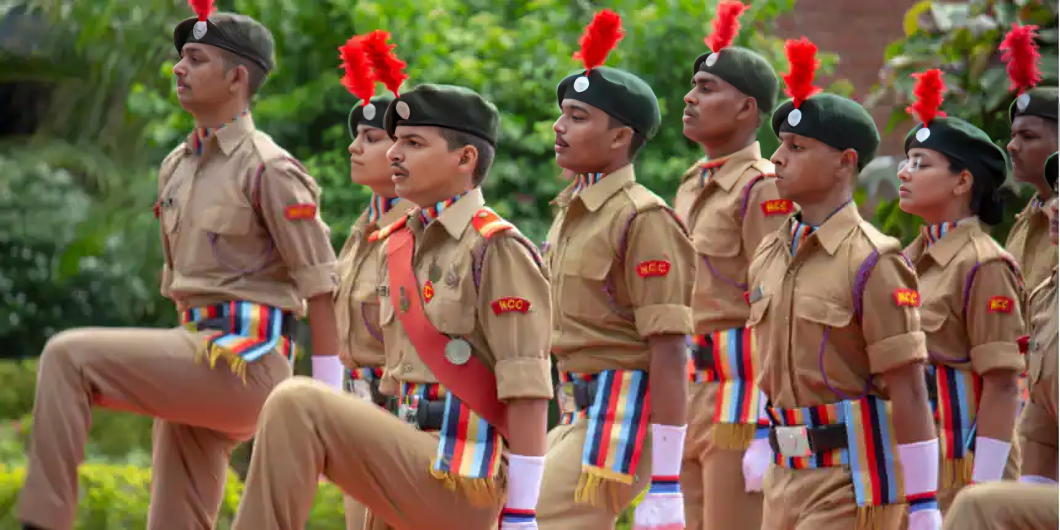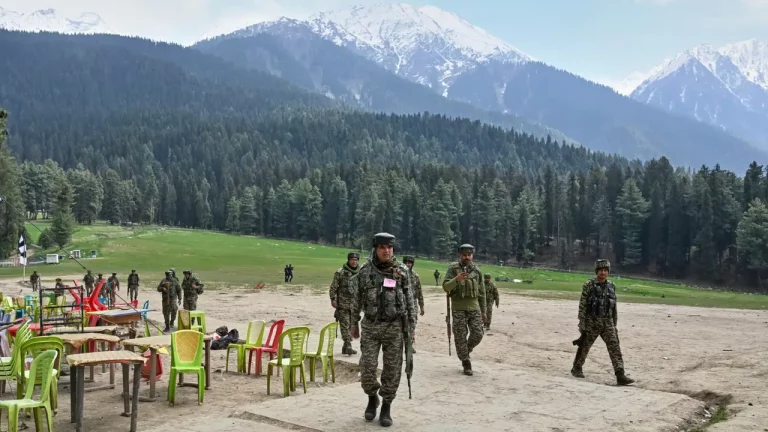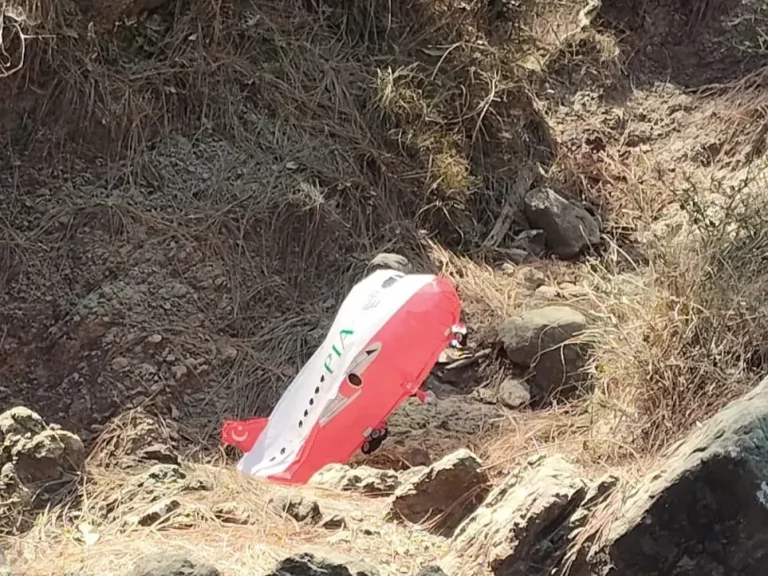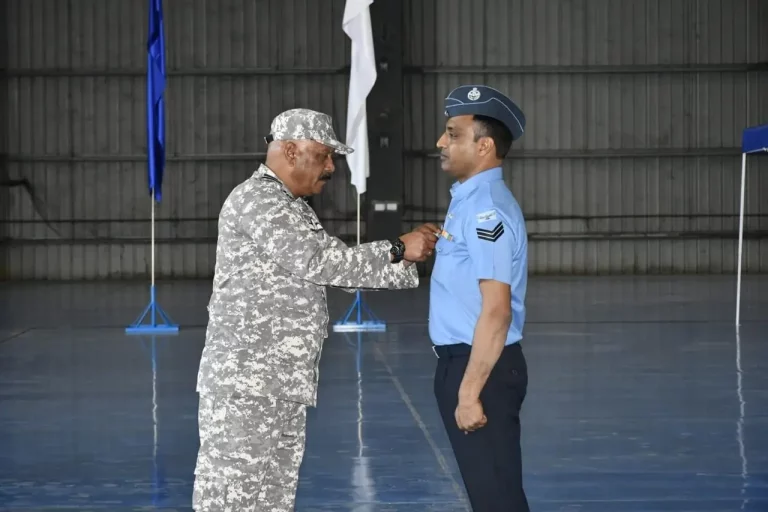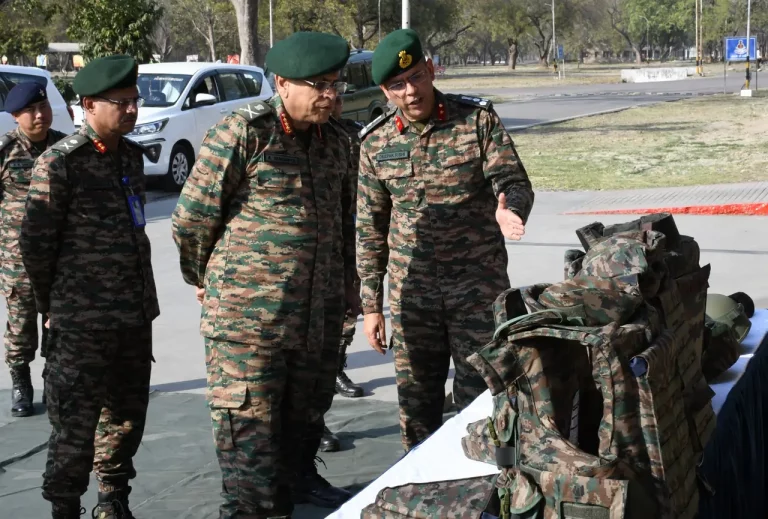In a move aimed at bolstering student performance in the National Defence Academy (NDA) entrance exams, the Maharashtra government has issued a stern warning to government-aided Sainik Schools throughout the state. These institutions are being urged to improve their success rates or risk losing their state support. This initiative comes in response to a troubling decline in the number of NDA admissions from these military-preparatory schools, prompting the formation of a seven-member expert committee tasked with reviewing current policies and suggesting necessary modifications.
Chaired by Anil Sable, Deputy Director of the State Secondary and Higher Secondary Board, the committee also includes representatives from notable institutions such as Sainik School Satara and Bhonsla Military School, Nagpur. This diverse group is expected to critically assess the performance of Sainik Schools and identify potential areas for improvement.
Maharashtra is home to two state-run Sainik Schools—Satara, established in 1961, and Chandrapur, inaugurated in 2019—alongside 38 government-aided, privately managed Sainik schools that collectively enroll approximately 12,400 students. These schools are designed to prepare young individuals for careers within the Indian Armed Forces, with success at the NDA entrance exam serving as a primary metric for effectiveness. However, the reality is stark; only a few of these schools consistently produce students who qualify for the NDA. Recent data indicates a drop in performance even from the historically successful Satara School, which has produced around 750 officers to date.
The private-aided model was introduced in 1995 to broaden the scope of the Sainik school system, yet many institutions operating under this framework have struggled to fulfill their original aims. A revised policy enacted in October 2024 now mandates that all eligible students sit for the NDA exam, while also requiring schools to enhance their infrastructure and coaching facilities. In an effort to encourage excellence, land grants—some extending up to 30 acres—have been allocated to 12 schools, contingent upon their ability to regularly produce NDA qualifiers.
Under the terms of this new policy, schools that do not meet required standards risk losing their status as Sainik Schools and potential funding. They may also face conversion into unaided private institutions or even land repossession by the government. While the state government emphasizes the importance of accountability, it has assured school operators that their concerns will be considered. The expert panel is expected to engage actively with stakeholders to identify additional support mechanisms that could enhance student outcomes.
The findings from this committee are anticipated to play a crucial role in reshaping strategies intended to increase Maharashtra’s contribution to the NDA, thereby reinforcing the overall defense capabilities of the nation.
